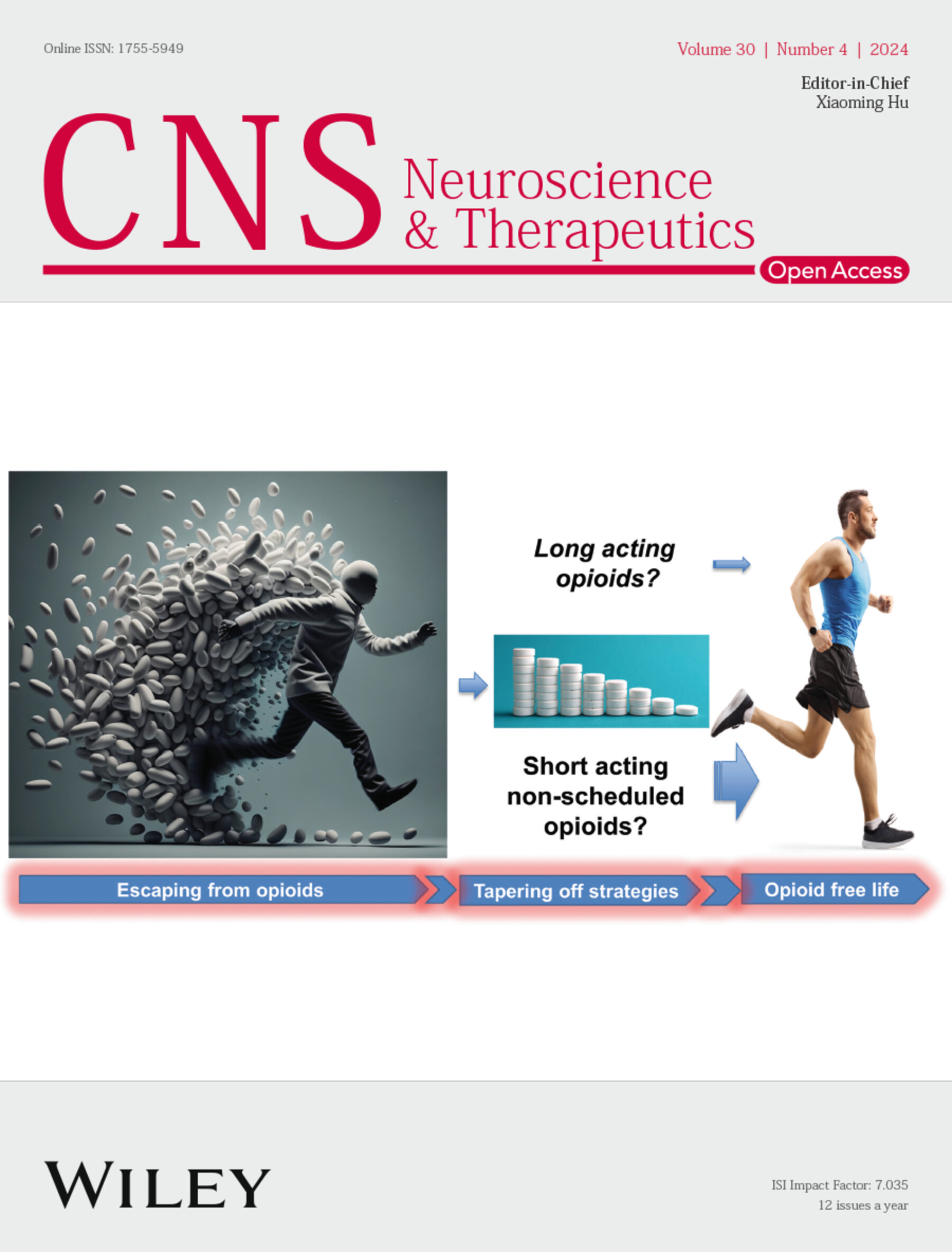Levodopa and Plant-Derived Bioactive Compounds in Parkinson's Disease: Mechanisms, Efficacy, and Future Perspectives
Abstract
Background
Parkinson's disease (PD) is a progressive neurodegenerative disorder characterized by the degeneration of dopaminergic neurons in the substantia nigra, resulting in dopamine deficiency and motor dysfunction. While levodopa (L-DOPA) remains the gold standard for symptomatic treatment, its long-term administration is associated with complications such as motor fluctuations, dyskinesia, and oxidative stress. Given these limitations, interest has grown in plant-derived bioactive compounds for their potential neuroprotective and disease-modifying effects.
Methods
A systematic literature review was conducted across PubMed, Scopus, Google Scholar, and Web of Science, focusing on peer-reviewed studies published between 2023 and March 2025. The inclusion criteria targeted in vitro and in vivo preclinical studies as well as clinical trials that directly compared levodopa with plant-derived compounds in the context of PD. Key search terms included “Parkinson's disease,” “levodopa,” “phytochemicals,” and “plant-based neuroprotection”.
Results
Recent studies have highlighted several classes of plant-based compounds—including polyphenols (resveratrol, curcumin, EGCG), flavonoids (quercetin, apigenin, naringenin), alkaloids (berberine, caffeine, L-DOPA derived from Mucuna pruriens), and terpenoids (ginkgolide B, celastrol)—as potential neuroprotective agents. These compounds exert multiple actions, such as reducing oxidative stress, blocking neuroinflammation, preventing α-synuclein aggregation, and protecting mitochondria. Although levodopa effectively addresses motor symptoms, these phytochemicals may complement conventional therapy by targeting underlying disease processes.
Conclusions
Although levodopa is indispensable for the symptomatic management of PD, emerging evidence supports the integration of plant-derived bioactive compounds as adjunct therapies with disease-modifying potential. Future research should prioritize improving bioavailability, developing standardized formulations, and conducting long-term clinical trials to evaluate the translational applicability of these natural agents in Parkinson's disease therapy.


 求助内容:
求助内容: 应助结果提醒方式:
应助结果提醒方式:


